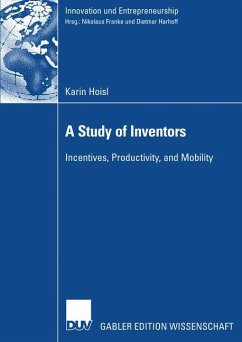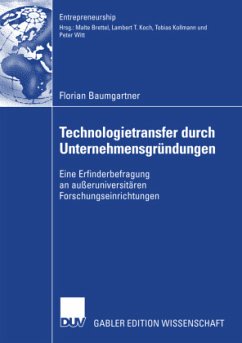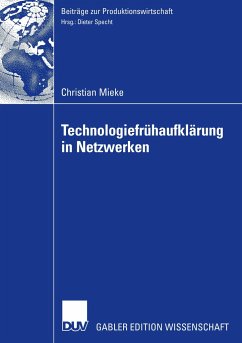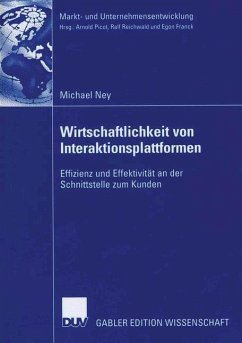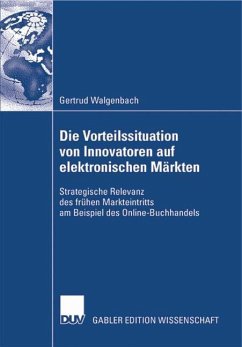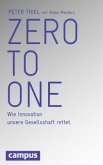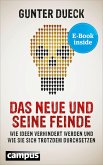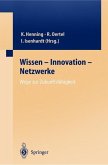Human capital is one of the main sources of sustainable competitive advantage of firms. However, employees can move to another firm taking with them part of the knowledge stock of the former employer. Hence, the mobility of key Research & Development (R&D) personnel jeopardizes the innovative ability of a firm and consequently its competitiveness. This poses major challenges to the management of firms, but also to policy makers since innovation has a large share in economic growth and technological leadership of countries.
Karin Hoisl is concerned with innovation processes and the involved inventors. Her focus is on the determinants of inventor productivity, the relationship between inventor mobility and inventor productivity, and the establishment of efficient incentive systems to commit key inventors to the firm. A novel and unique dataset is employed, including information on more than 3 000 German inventors from a recent survey as well as information on almost 40 000 European patents.
Karin Hoisl is concerned with innovation processes and the involved inventors. Her focus is on the determinants of inventor productivity, the relationship between inventor mobility and inventor productivity, and the establishment of efficient incentive systems to commit key inventors to the firm. A novel and unique dataset is employed, including information on more than 3 000 German inventors from a recent survey as well as information on almost 40 000 European patents.

